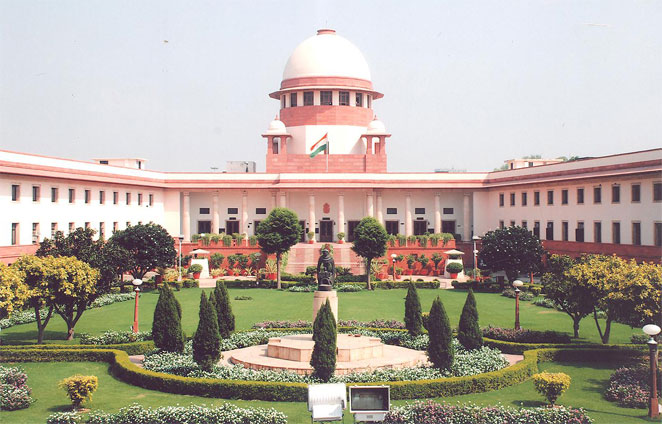New orders imposed on prenatal sex determination ads
The Supreme Court of India has banned the running of any content or ads indicating of techniques related to prenatal sex determination. But, in a more considerate act, it has sought that this does not hinder the dissemination of necessary academic information on the subject.
Sex determination has always been a sensitive topic in India, with rules prohibiting preconception and prenatal diagnostic techniques to stop female feticide and curb the declining female numbers in the country.
The Supreme Court of India prohibits the running of advertisements on sex determination techniques on the internet.
But, the measure raises questions pointing that the curbing may lead to hindrance in dissemination of genuine information that people must be aware of.
The court in its ruling has thus said that while the advertisements on sex determination techniques need to be prohibited, one should be mindful that it does not interfere with the access of genuine information on the matter.
Backing the thought, the bench of Justice Dipak Mishra, Justice AM Khanwilkar and Justice Mohan M Shantanagoudar, said to the Indian media that information graduates to knowledge and knowledge to wisdom and that care has to be taken that any prohibition does not block academic information on the subject.
To this, petitioner Sabu Mathew George, a member of National Inspection and Monitoring Committee (NIMC), responded by saying that they did not desire blocking the communication of any information but only of direct or indirect promotion of sex determination techniques.
The three leading internet search engines – Google India, Yahoo India and Microsoft Corporation (India) Ltd reacted to this by saying that they had no supervisory or editorial control over the content that goes online. However, the Supreme Court has ordered the three giants to immediately set up their own in-house expert bodies to keep a record of and delete all prenatal sex determination advertisements that go online.
The apex court said that its intention behind the order was to make these search engines ‘responsive to Indian law’, the impeachment of which is punishable. However, even the leaders in the running of online platforms do not seem to be following suit.
Section 22 of the Preconception and Prenatal Diagnostic Techniques (Prohibition of Sex Selection) Act of 1994, demands the prohibition of advertisements relating to prenatal determination of sex.
Appearing for Google, senior counsel, Abhishek Maniu Singhvi, was reported saying that Section 22 should be construed in a restrictive sense and should not impinge upon Article 9(1)(a) – guaranteeing freedom of speech and expression.
Although the order is being seen in positive light by some who think that by allowing the search engine biggies to keep control over their content, the Supreme Court has passed a fair ruling. With the court ordering the appointment of ‘in-house expert bodies’ to keep a tab on any keywords that are potentiality counter Section 22 of the 1994 Act and their immediate deletion, the Supreme Court has left enough room for amending possible mistakes.
“The observations of the Supreme Court are progressive and are in light of maintaining a balance between the Right to Know and the provisions of the Preconception and Prenatal Diagnostic Techniques (Prohibition of Sex Selection) Act, 1994,” Ankit Rastogi, advocate, Delhi High Court, told Media India Group, commenting on the order.
“For the search engines, such as Google, Yahoo etc. this should come as a relief as this observation ensures that there might not be a complete ban on the information pertaining to sex determination, but, only qua advertisements, which in any event are clearly violative of the Preconception and Prenatal Diagnostic Techniques (Prohibition of Sex Selection) Act, 1994,” he added.










